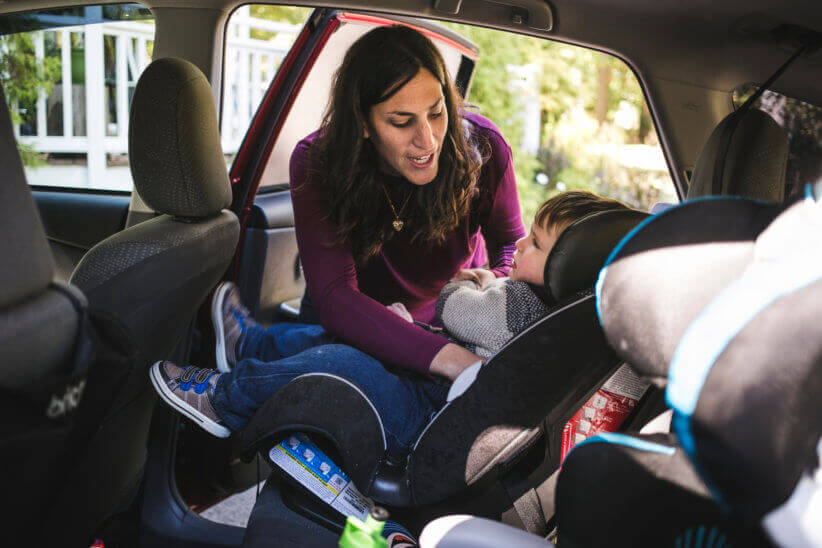To circumcise or not to circumcise? If you are the parent of a baby boy — or expecting to be one soon — this little question can be a huge issue.
The American Academy of Pediatrics recently issued a statement saying new scientific evidence shows that the health benefits of newborn male circumcision outweigh the risks of the procedure, but the benefits are not great enough for them to recommend routine circumcision for all newborn boys.
In other words, parents should decide.
Hospitals once circumcised newborn boys routinely, but the practice is becoming less and less common in the United States. While it is routinely done for religious and cultural reasons among groups such as Jews and Muslims, the overall numbers have dropped — from around 79 percent of newborn boys in 1980 to around 55 percent to 58 percent in 2010, according to the U.S. Centers for Disease Control and Prevention.
Some parents are opposed to circumcision, viewing it as mutilation. For some parents, such as Hispanics, it is not part of their culture. But others who are ambivalent or uncertain may have turned away from the practice because some insurance and public health programs are declining to pay for the procedure. Eighteen states, including Florida, have stopped paying for circumcision under Medicaid, the state-federal health program for the poor. The American Academy of Pediatrics believes the health benefits are great enough that infant male circumcision should be covered by insurance, which would increase access to the procedure for families who choose it.
“Ultimately, this is a decision that parents will have to make,” Susan Blank, MD, chair of the task force that authored the Academy policy statement, said when it was released. “Parents are entitled to medically accurate and non-biased information about circumcision, and they should weigh this medical information in the context of their own religious, ethical, and cultural beliefs.”
The issue arises every few years. The last time the organization of pediatricians tackled the question was in 2005, and before that in 1999.
Since the last policy was published, scientific research has shown clearer health benefits to the procedure than had previously been demonstrated, the Academy says. According to a systematic and critical review of the scientific literature, the health benefits of circumcision include lower risks of acquiring HIV, genital herpes, human papilloma virus, and syphilis. Circumcision also lowers the risk of penile cancer over a lifetime, reduces the risk of cervical cancer in female sexual partners, and lowers the risk of urinary tract infections in the first year of life.
Recently, a team of Johns Hopkins University disease experts and health economists warned that that steadily declining rates of U.S. infant male circumcision could add more than $4.4 billion in avoidable healthcare costs over the next decade. In a report published in the Archives of Pediatrics and Adolescent Medicine, it said the added expense stems from new cases and higher rates of sexually transmitted infections and related cancers among uncircumcised men and their female partners.
Already, the decline in circumcision rates has cost upwards of $2 billion, it said.
“Our economic evidence is backing up what our medical evidence has already shown to be perfectly clear,” health epidemiologist and pathologist Aaron Tobian, MD, said when the study was released. “There are health benefits to infant male circumcision in guarding against illness and disease, and declining male circumcision rates come at a severe price, not just in human suffering, but in billions of healthcare dollars as well.”
The medical data shows that the procedure is safest and offers the most health benefits if performed during the newborn period. The Academy policy recommends infant circumcision be performed by trained and competent providers, using sterile techniques and effective pain management. Parents who are considering newborn circumcision should speak with their child’s doctor about the benefits and risks of the procedure, and discuss who will perform the circumcision.
It’s a good idea to have this conversation during pregnancy, and to learn whether your insurance will cover the procedure, so you have time to make the decision.
KiKi Bochi is the mother of two and an award-winning writer and editor who specializes in family topics.





















